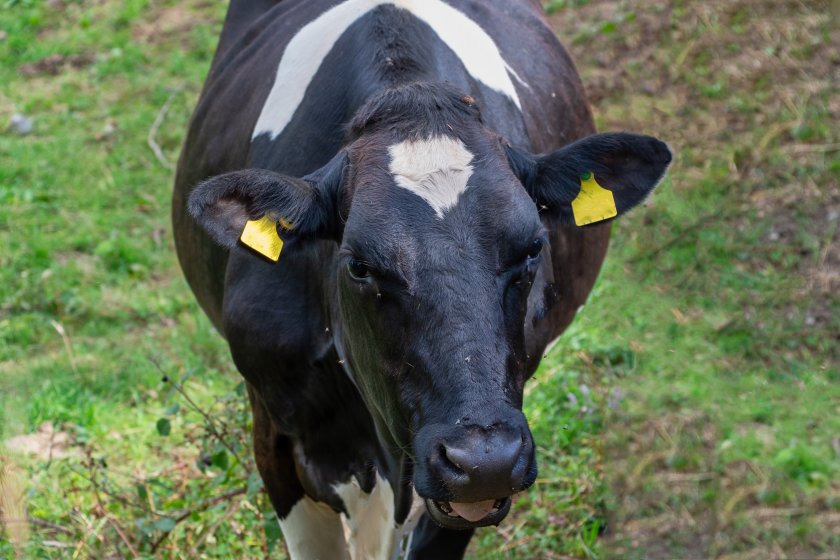
Bluetongue virus has been found in four cows near Canterbury following the first case of the disease earlier this month, with farmers urged to remain vigilant.
A 10km temporary control zone (TCZ) has been put in place around the two impacted farms, restricting the movement of susceptible animals except under licence.
The infected animals will be culled to reduce the risk of onward disease transmission, the government confirmed.
The Animal and Plant Health Agency (APHA) identified the first case of the disease on 11 November through Britain's annual bluetongue surveillance programme.
Before this, the last outbreak of bluetongue in the UK was in 2007, meaning it had been officially free of the virus since 2011.
The virus is transmitted by midge bites and affects cows, goats, sheep and other camelids such as llamas.
The midges are most active between April and November and not all susceptible animals show immediate, or any, signs of contracting the virus.
Impacts on susceptible animals can vary greatly – some show no symptoms or effects at all while for others it can cause productivity issues such as reduced milk yield, while in the most severe cases can be fatal for infected animals.
Christine Middlemiss, the UK’s Chief Veterinary Officer, has urged farmers to remain vigilant for bluetongue virus following the four new cases.
“Bluetongue does not pose a threat to human health or food safety, but the disease can impact livestock farms, and cause productivity issues," she said.
“This detection is an example of our robust disease surveillance procedures in action and it is also a clear reminder for farmers that the disease remains a threat, despite coming towards the end of the midge activity season.
“Farmers must remain vigilant and report any suspicions to APHA.”
Farmers have been reminded by APHA that animals imported from impacted regions must be accompanied by the relevant paperwork to show they meet certain conditions designed to reduce disease risk, such as correct vaccination.
NI and GB ruminants cannot be exported from an GB Assembly Centre to the European Union or moved to Northern Ireland until further notice.
BTV is a notifiable disease. Suspicion of BTV in animals in England must be reported to the Animal and Plant Health Agency on 03000 200 301.
Farmers in and around the TCZ can also call Ruminant Health & Welfare's (RH&W) bluetongue hotline on 024 7771 0386 for advice.
Bluetongue does not affect people or food safety.
